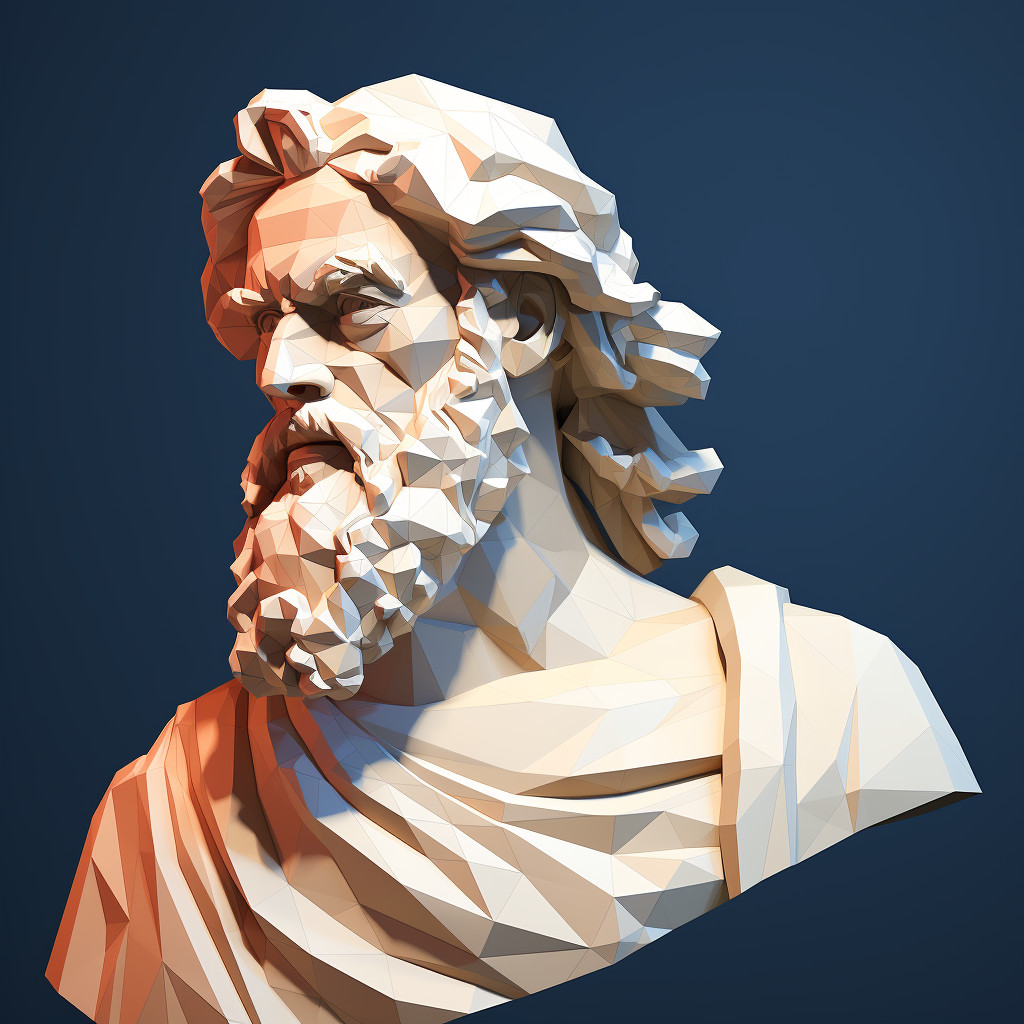This quote emphasizes the power and autonomy of personal free will. It essentially means that even though physical constraints can be imposed on a person, their mind and will remain free. No external force, not even a god as powerful as Zeus in Greek mythology, can control or conquer someone’s free will.
The leg fetter symbolizes physical limitations or external circumstances that may limit our actions but cannot confine our thoughts, decisions, or determination. The reference to Zeus, the king of the gods in Greek mythology, denotes an ultimate authority or power. Despite Zeus’s might, he cannot control an individual’s free will, which remains invincible and unconquerable.
Applying this to today’s world, we can interpret it as a testament to mental strength and resilience in the face of adversity. Despite the challenges and restrictions that life throws at us, we always have the freedom to choose our attitude, reactions, and decisions. Our free will is our ultimate power, and it remains untouched and uncontrolled by any external forces.
In terms of personal development, this quote can be a source of motivation and empowerment. It reminds us that we always have control over our thoughts, decisions, and attitudes, regardless of our circumstances. We can choose to remain positive and determined even when faced with adversity. It also encourages us to exercise our free will and make conscious choices that align with our values and goals, rather than allowing external factors to dictate our actions.





